Anti Smooth Muscle Antibody ASMA Test
51+ booked in last 3 daysASMA Test Overview
ASMA stands for an anti-smooth muscle antibody test. It is a blood test that is used to detect autoantibodies, i.e., antibodies formed by your body to attack your body cells. ASMA detects autoantibodies made against smooth muscle cells, often in the liver.
Why is ASMA Used?
Anti-smooth muscle antibodies attack the liver's smooth muscle tissue cells. The condition may lead to diseases like autoimmune hepatitis and primary biliary cirrhosis. Early diagnosis helps in treating the disease by giving immunosuppressive drugs; otherwise, the condition may lead to severe liver damage. Smooth muscle antibodies can be found in diseases like:
- Infectious mononucleosis
- Autoimmune hepatitis
- Rheumatic disease
- Different cancers
Autoantibodies are antibodies produced against the body's own healthy cells and tissues causing various medical conditions. Anti-smooth muscle Antibody[ASKA] are antibodies produced against the smooth muscles of the body especially in the liver causing hepatitis and liver disorders.
Anti Smooth Muscle Antibody ASMA Test Price
Metropolis Healthcare is a leading diagnostics centre and pathology lab in India equipped with the latest state-of-the-art technologies that provides the Anti Smooth Muscle Antibody ASMA Test with a clear pricing structure.
The Anti Smooth Muscle Antibody ASMA Test Price in Mumbai is ₹ 2,235 .
We are committed to deliver accurate and quality results from the best labs in India with complete transparency regarding test cost and turnaround time. No matter where you are, we strive to offer patients high-quality service that is affordable and accessible.
Frequently Asked Questions
ASMA test is done if any liver damage is suspected. Your doctor will recommend an ASMA test if the following signs and symptoms are seen:
- Hepatomegaly, which is characterised by an enlarged liver
- Abdominal swelling
- Tenderness in the liver
- Darker urine
- Pale-coloured stools
- Nausea
- Loss of appetite
- Pain in joints
- Yellowing of eyes or skin
- Pain in the stomach
- Rashes on skin
- Long-term fever
ASMA levels can be raised in the blood in the following diseases:
- Autoimmune hepatitis
- Chronic hepatitis C infection
- Melanoma
- Cancer of breasts or ovaries
- Liver cancers
- Infectious diseases
Your doctor would recommend asma test for you if you have chronic liver disease or when you have, he needs to check if you have AIH which is autoimmune hepatitis.
AIH signs and symptoms include:
- Hepatomegaly which is enlarged liver
- Abdominal swelling
- Tenderness on the liver
- Darker urine
- Pale-coloured stools
Auto-immune hepatitis is a disease that occurs when the body's immune system starts attacking or making antibodies against liver cells.
The main cause of auto-immune hepatitis is unknown, but genetic and environmental factors are considered to play vital roles.
If diagnosed early, it can be treated by administering immuno-suppresant drugs. Untreated auto-immune hepatitis leads to liver cirrhosis, ultimately leading to liver failure. In case of advanced liver failure and unresponsiveness to drugs, a liver transplant has to be done.
Symptoms
- Fatigue
- Rashes on body
- Joint pain
- Loss of menstrual periods
- Enlarged liver
- Swelling of limbs
Risk Factors
- Females have more prone to auto-immune hepatitis than males.
- Heredity: Evidence supports that auto-immune hepatitis runs in families.
- History of Infections: The diseases lower the immune strength of the body. History of diseases like measles, herpes simplex and hepatitis A, B, C or D can predispose the patient to auto-immune hepatitis.
- Auto-immune disease: Auto-immune diseases like rheumatoid arthritis, hyperthyroidism and celiac disease lead to a weakened immune system and thus increase the chances of autoimmune hepatitis.
Early diagnosis has to be made to prevent the disease from causing further damage. Untreated auto-immune hepatitis leads to permanent liver damage, ultimately leading to liver failure.
You don't need to prepare for anything before the ASMA test. Only a blood sample is needed for the ASMA test. You can give the blood sample at a hospital, laboratory or
any healthcare clinic.
Healthcare professionals can come home to collect the sample in case the patient is not able to go to the laboratory because of any other health condition.
The blood sample for the ASMA test is taken in the same way as other blood tests. A healthcare professional will collect the blood sample in the following ways:
- An elastic band will be wrapped around your upper arm by a healthcare professional as it will stop the blood and increase the pressure, which will help healthcare professionals to find the vein easily.
- After finding your vein, a healthcare professional will clean your skin with an antiseptic solution, and a needle will be inserted and attached to a tube to collect the blood. You can feel a pinching sensation or some kind of discomfort during the insertion of the needle.
- After the collection of blood, the elastic band will be removed first and then the needle will be taken out of your vein. A gauze dipped in antiseptic will be placed in place of it; pressure has to be applied to stop the bleeding.
- After the removal of the needle, you may experience throbbing pain for some time, but many patients do not experience anything and severe complications are rare.
Normal Results: Dilution equal to or less than 1:20 signifies normal results. It shows that a significant amount of anti-smooth muscle antibodies are not present. Abnormal Results: Titration level equal to or more than 1:40 shows high levels of anti-smooth muscle antibodies, which means the body is making antibodies against liver cells. The final diagnosis cannot be based exclusively on the level of anti-smooth muscle antibody. Your doctor can perform other tests to confirm the disease or a biopsy can be performed on smooth muscle liver cells for final diagnosis. ASMA levels can be raised in Chronic hepatitis Infectious mononucleosis Some cancers Autoimmune hepatitis is more common in increased ASMA levels, and an F-actin antibody test can be done to confirm auto-immune hepatitis over other conditions.
Positive result indicates presence of ASMA autoantibodies which may occur in various liver diseases ( autoimmune hepatitis, liver cirrhosis ). The determination of the antibodies is of diagnostic importance in autoimmune chronic active hepatitis. ASMA are also present in infectious mononucleosis, viral disease, SLE, breast / ovarian carcinomas and malignant melanoma.
Low levels may also be detected in primary biliary cirrhosis, alcohol related liver cirrhosis, obstruction of the biliary ducts and in healthy individuals.
Results should be correlated with the disease activity.
The test measures the levels of ASMA antibodies in the serum.
Ratings & Reviews (0)
Why Metropolis?
Metropolis has a team of 200 senior pathologists and over 2000 technicians delivering diagnostic solutions in the areas of routine, semi specialty and super specialty domains like Oncology, Neurology, Gynaecology, Nephrology and many more.
We offer a comprehensive range of 4000+ clinical laboratory tests and profiles, which are used for prediction, early detection, diagnostic screening, confirmation and/or monitoring of the disease.
 Home Visit
Home Visit Upload
Upload




.png)

























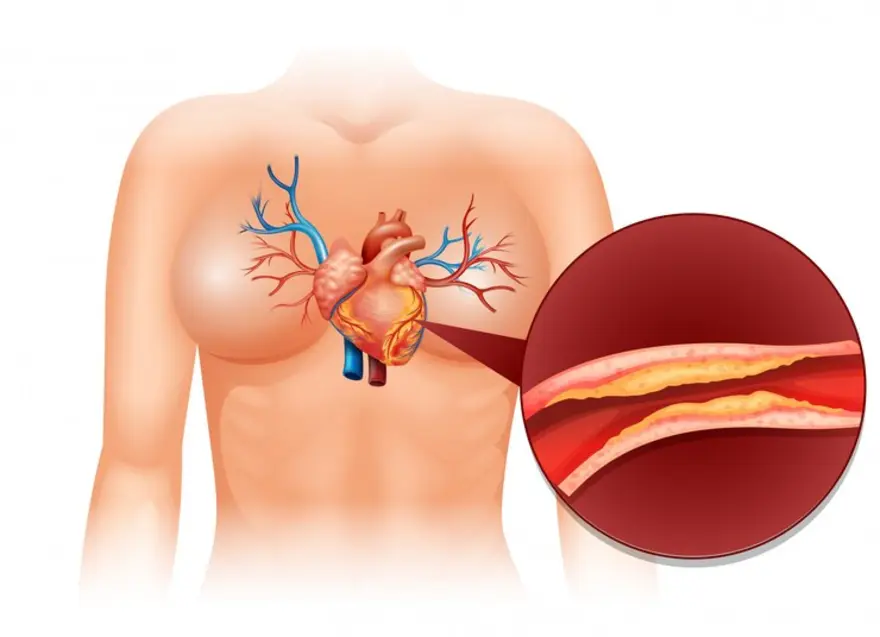





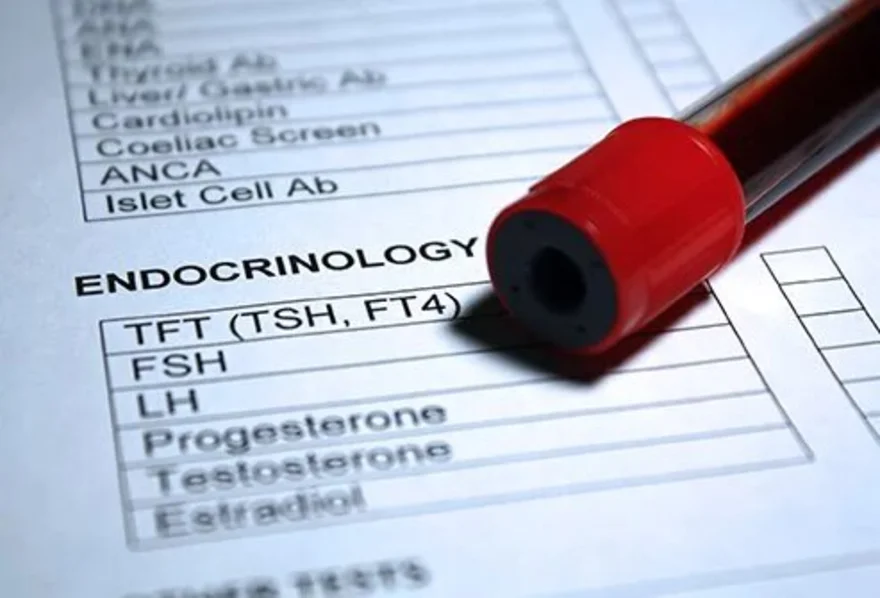

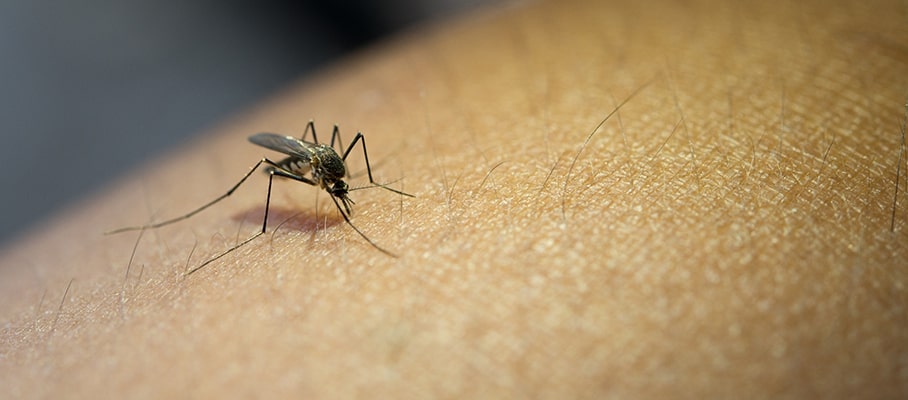
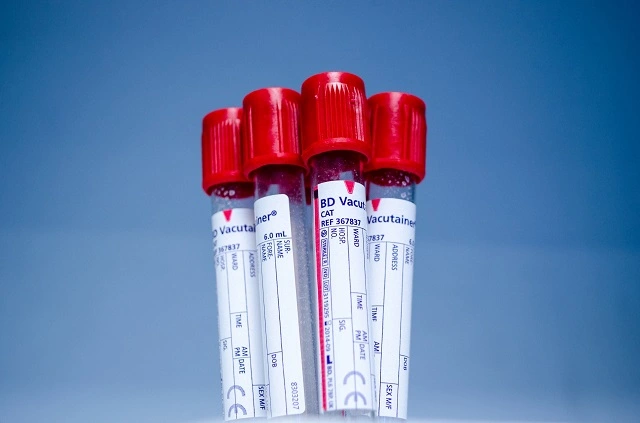






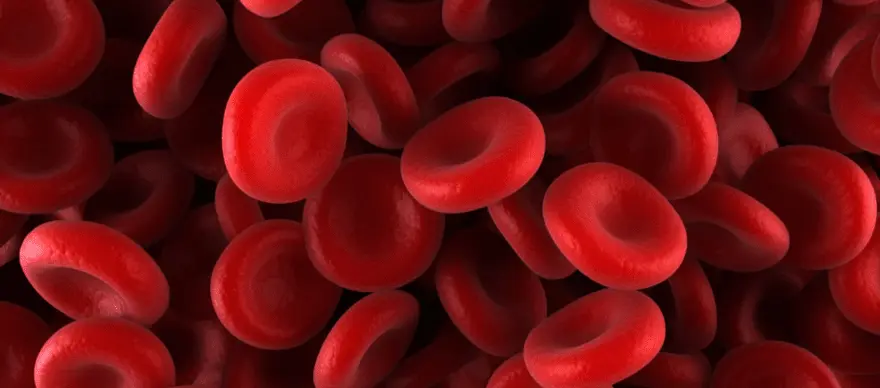





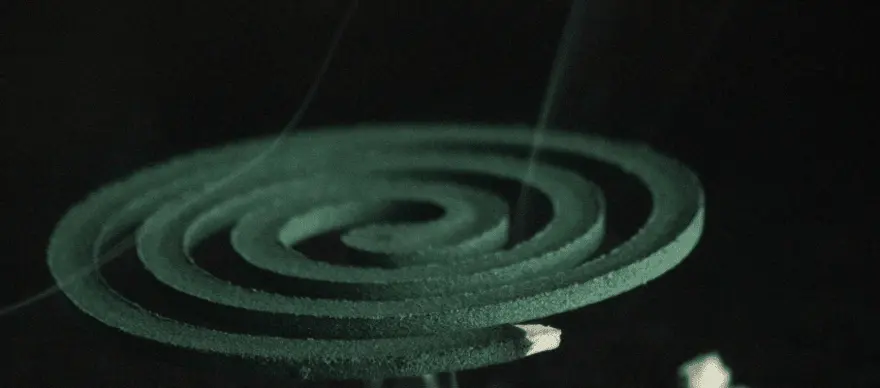

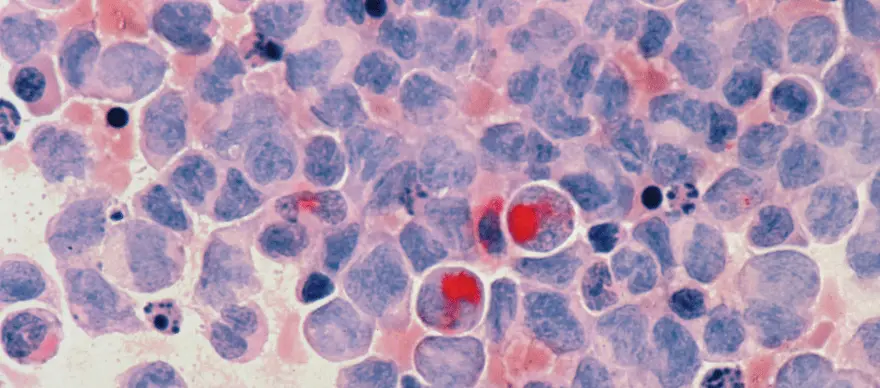



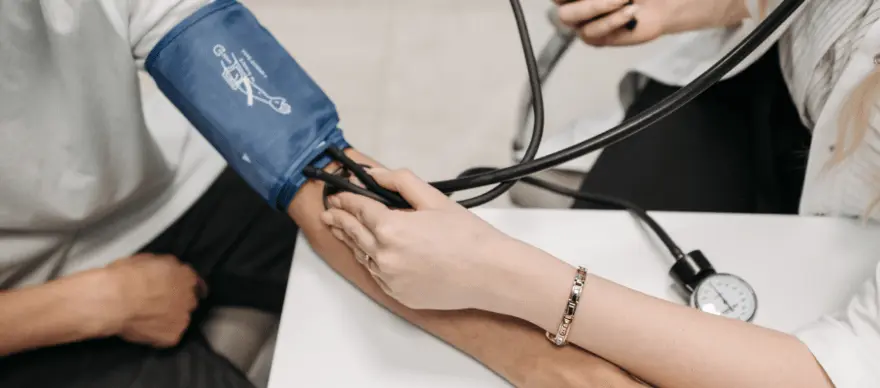

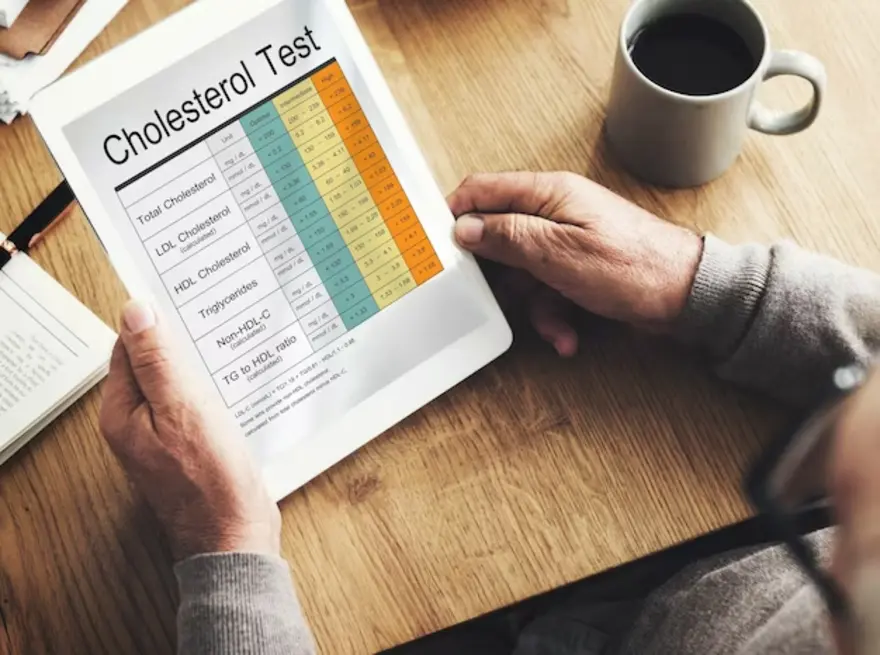




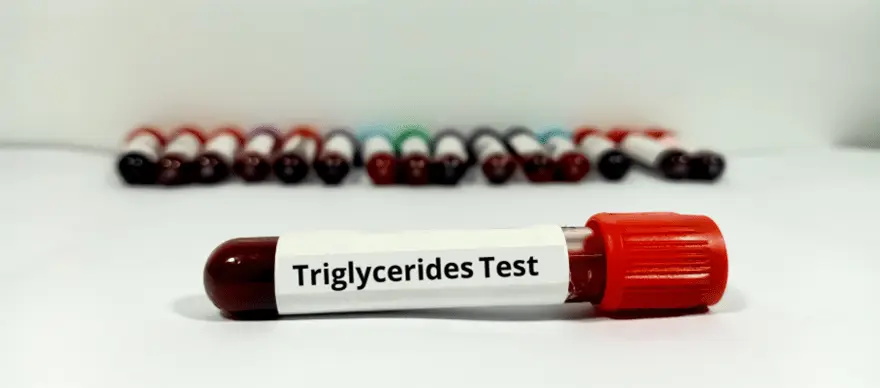
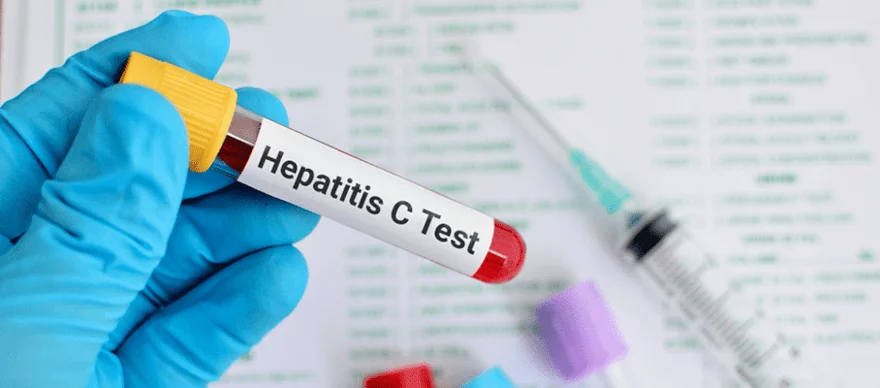

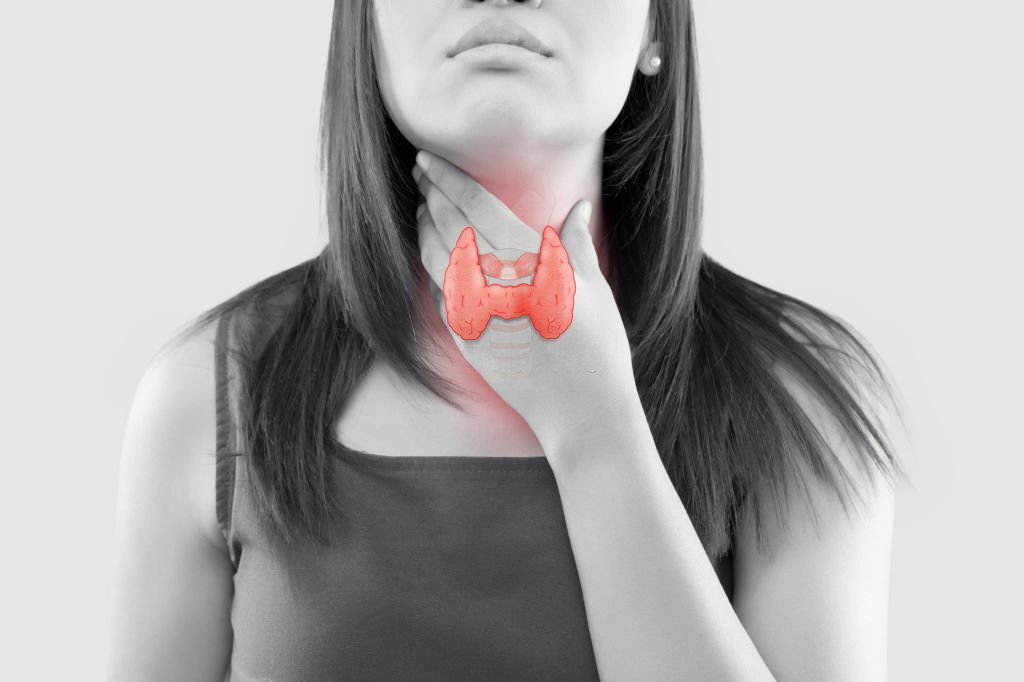


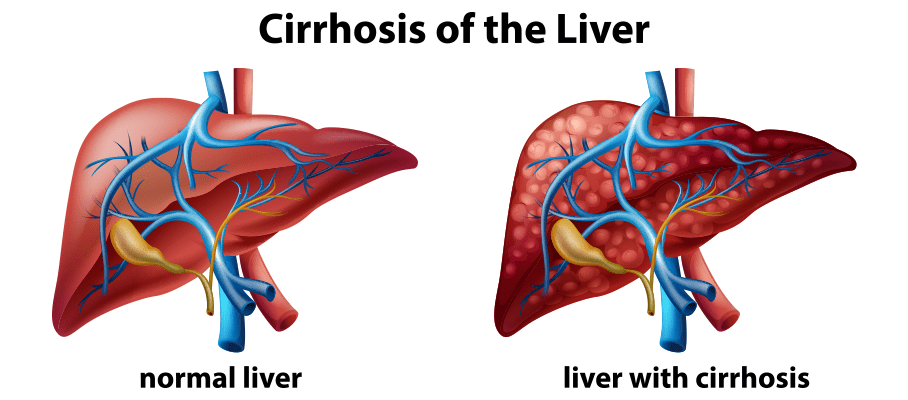



1707898101.webp)


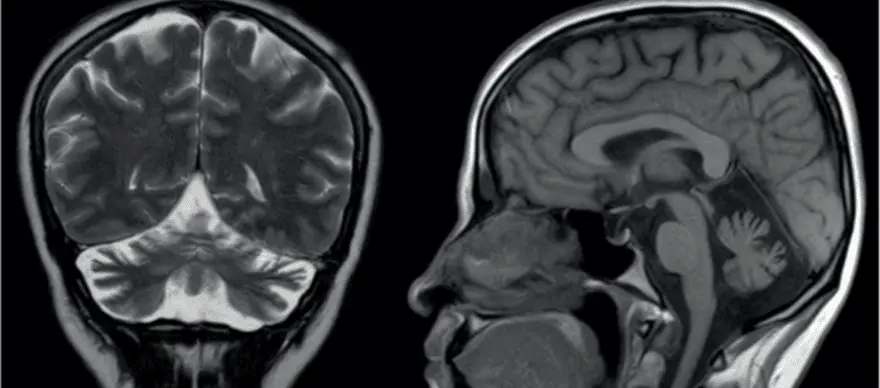



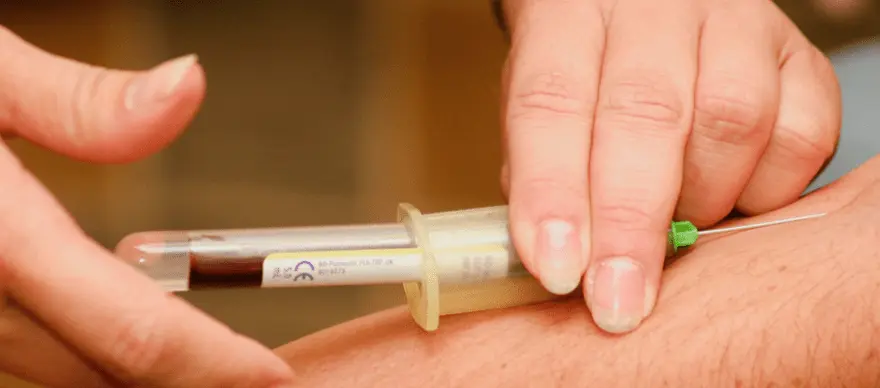



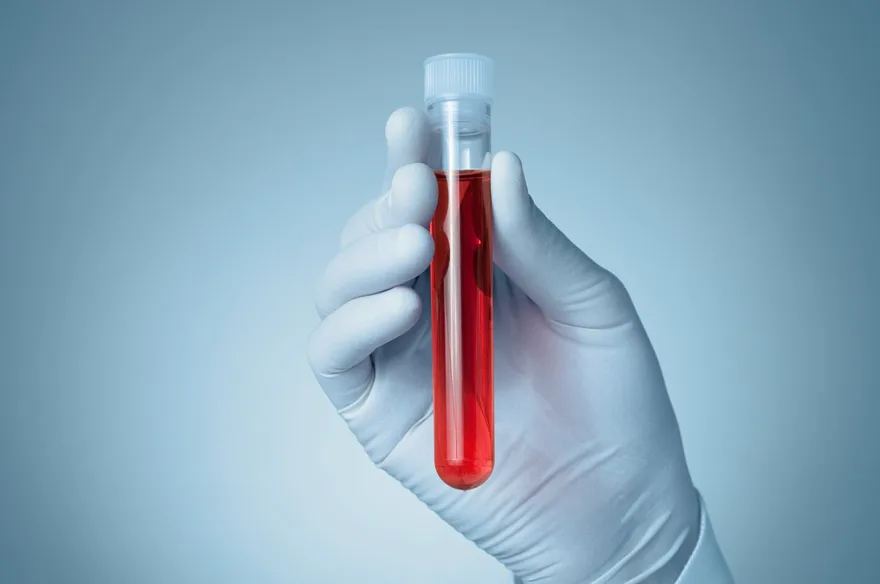

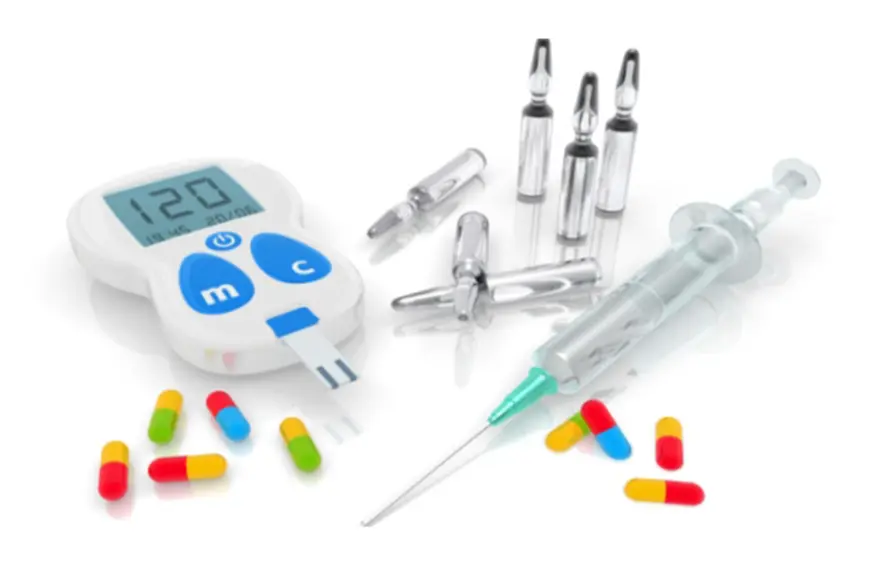

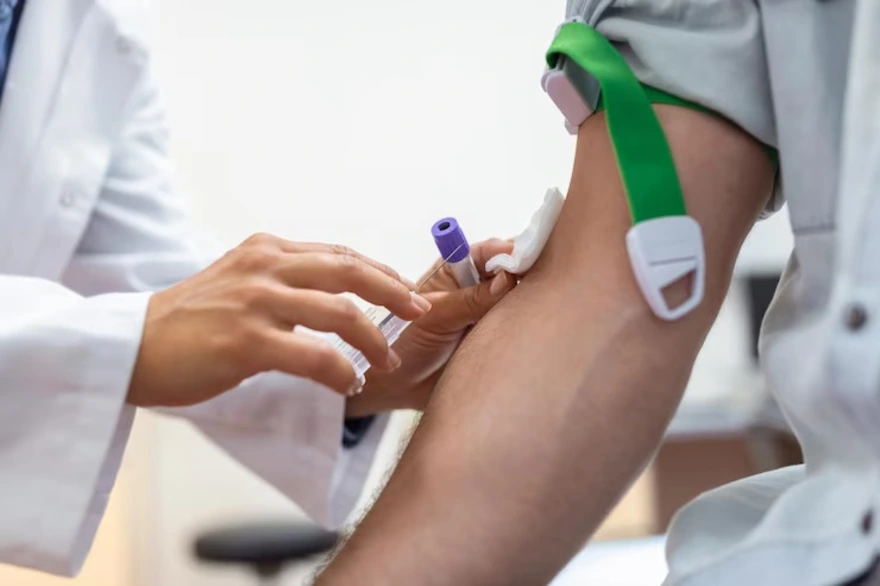


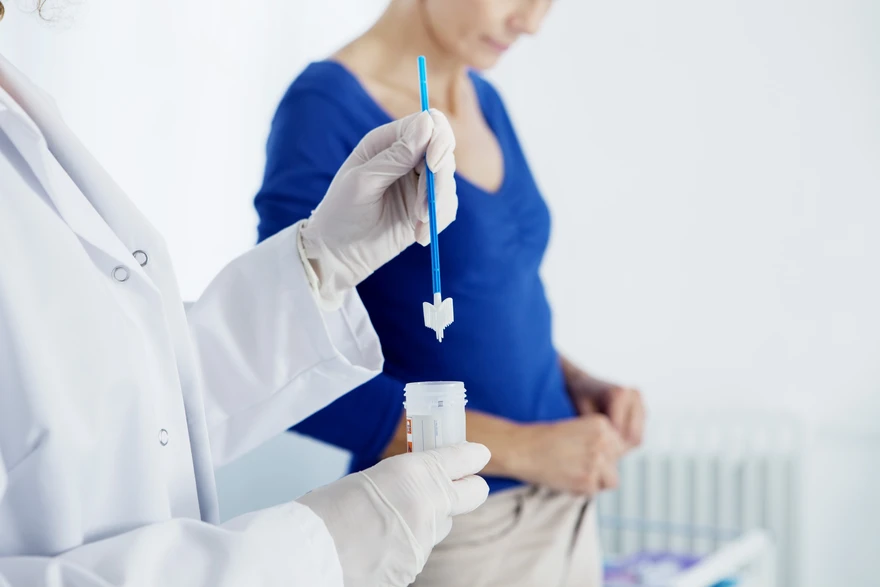

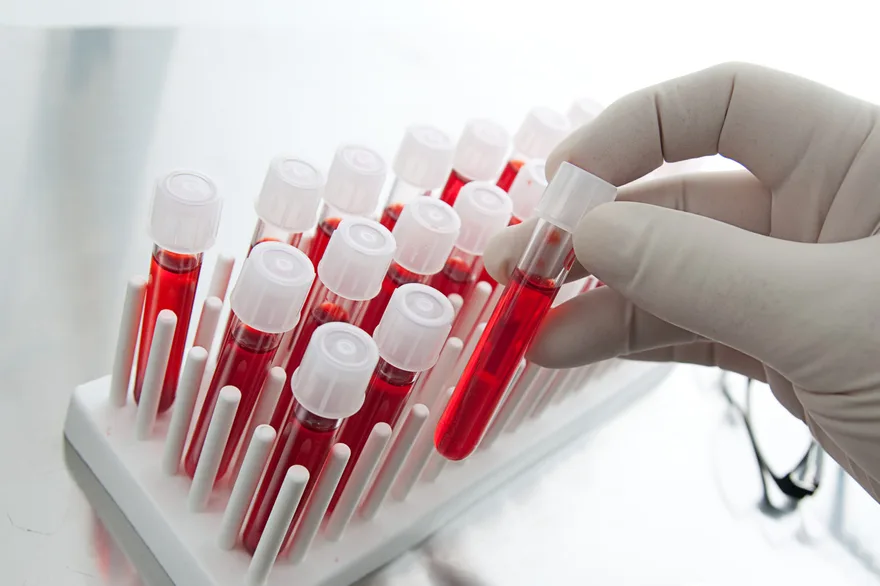
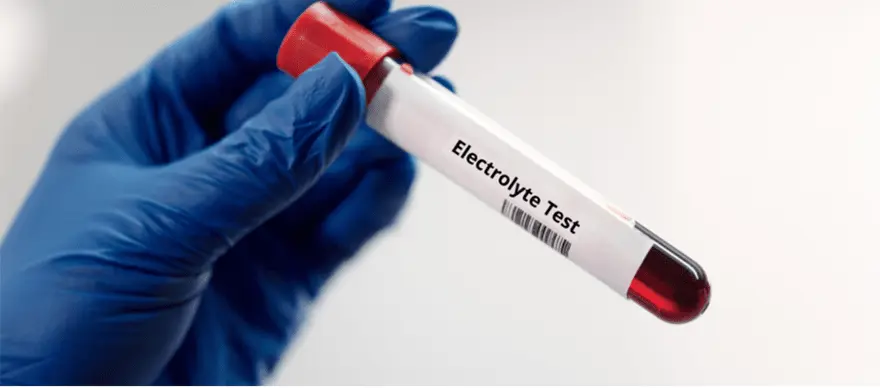







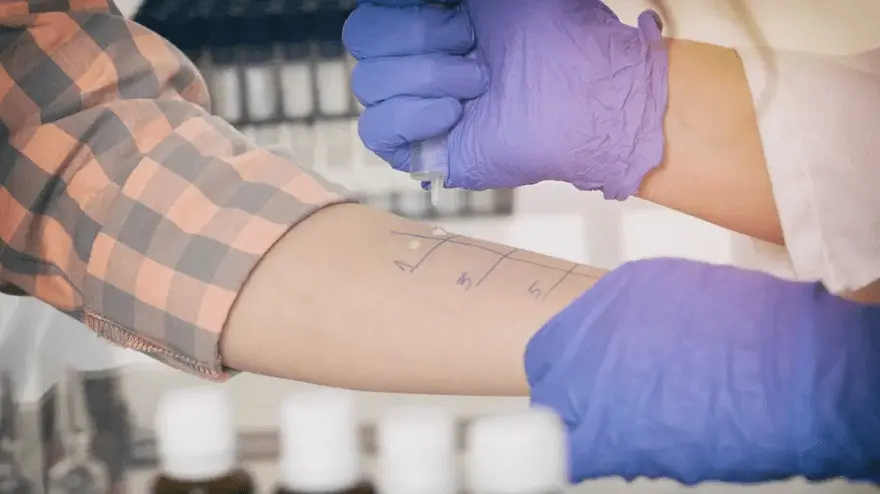




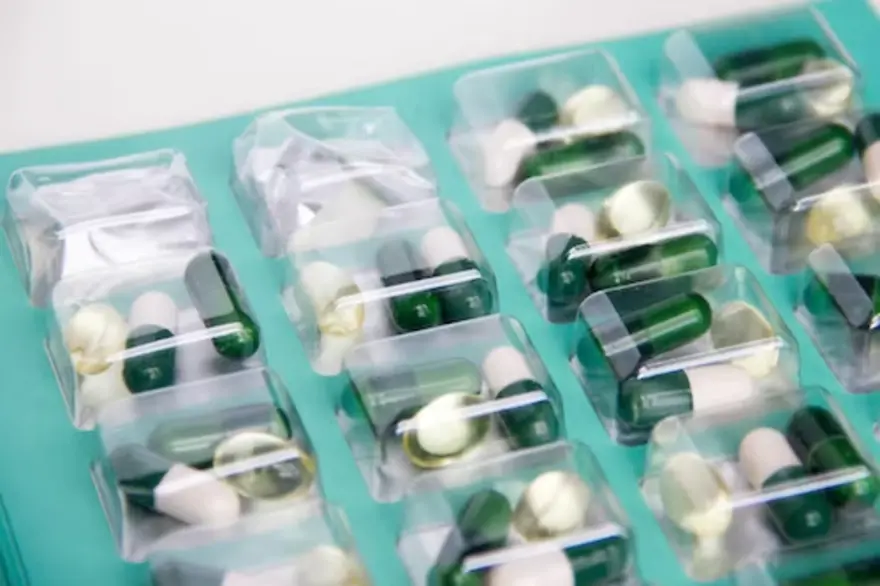






 WhatsApp
WhatsApp